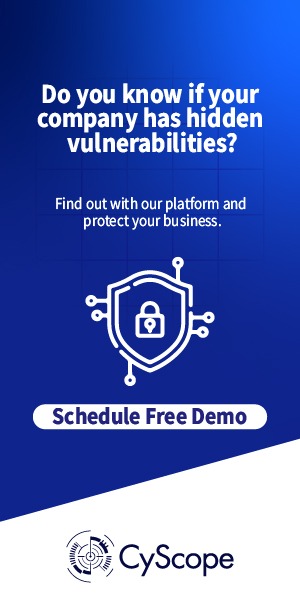Companies are constantly looking for ways to protect their data and applications. One of the most innovative and effective approaches is DevSecOps. While many are familiar with DevOps, DevSecOps might be a new concept for some of you. In this article, we will explore what DevSecOps is, its importance in the business environment, and how it can transform your security strategy.
What is DevSecOps?
DevSecOps, an amalgamation of “Development”, “Security” and “Operations”, is a strategic approach that embeds security into every phase of the software development lifecycle. Unlike traditional security methods, which treat security as a separate component, DevSecOps integrates security from the outset, ensuring applications are secure from conception through deployment and ongoing maintenance.
In the context of DevSecOps, all team members, including developers, security engineers, and operations staff, collaborate to identify and address security issues throughout the software lifecycle. This not only enhances the overall security of applications but also accelerates time-to-market and reduces costs associated with late-stage vulnerability fixes.
Here are five key reasons why DevSecOps is essential for your business:
1. Continuous Improvement and Automation
In DevSecOps, the use of automation tools is paramount. These tools continuously and automatically identify vulnerabilities in the code, enabling swift and efficient responses to threats. Particularly in cloud DevSecOps, automation becomes even more critical, given the dynamic and large-scale nature of cloud environments.
2. Implement Pentest as a Service
Schedule regular manual penetration tests as part of your CI/CD pipeline. This can be done at specific stages, such as pre-release or post-deployment, to ensure vulnerabilities are identified before and after going live. Upon receiving the results, prioritize and address the identified security issues. Integrate the remediation steps into your development cycle, ensuring that fixes are tested and validated before deployment.
You might also be interested: Why is it crucial for all companies to have a vulnerability management system?
3. Enhanced Collaboration and Communication
DevSecOps fosters a culture of continuous collaboration and communication among development, security, and operations teams. This synergy is key to addressing security challenges proactively and efficiently. Moreover, by integrating security into the workflow of the DevOps CI/CD (Continuous Integration and Continuous Deployment) team, faster and more secure deployments are ensured.
4. Cost Reduction and Improved ROI
Identifying and addressing vulnerabilities in the early stages of development is far more cost-effective than doing so after the application is already in production. DevSecOps enables companies to avoid costly patches and repairs, optimizing costs and thus improving return on investment (ROI).
5. Regulatory Compliance
Data protection regulations are becoming increasingly stringent. DevSecOps aids companies in meeting these regulatory requirements by ensuring that security practices align with industry standards.
Conclusion: DevSecOps is fundamental for cybersecurity
In conclusion, the adoption of DevSecOps is crucial for any company looking to stay ahead in the field of cybersecurity. By integrating security into the software development lifecycle, companies not only protect their digital assets but also improve operational efficiency and reduce costs.
At CyScope, we are here to help you integrate security into every phase of your company’s software development. Contact us to discover how our security testing approach can transform your company’s security and protect your most valuable assets. Take the first step towards a safer digital environment!





